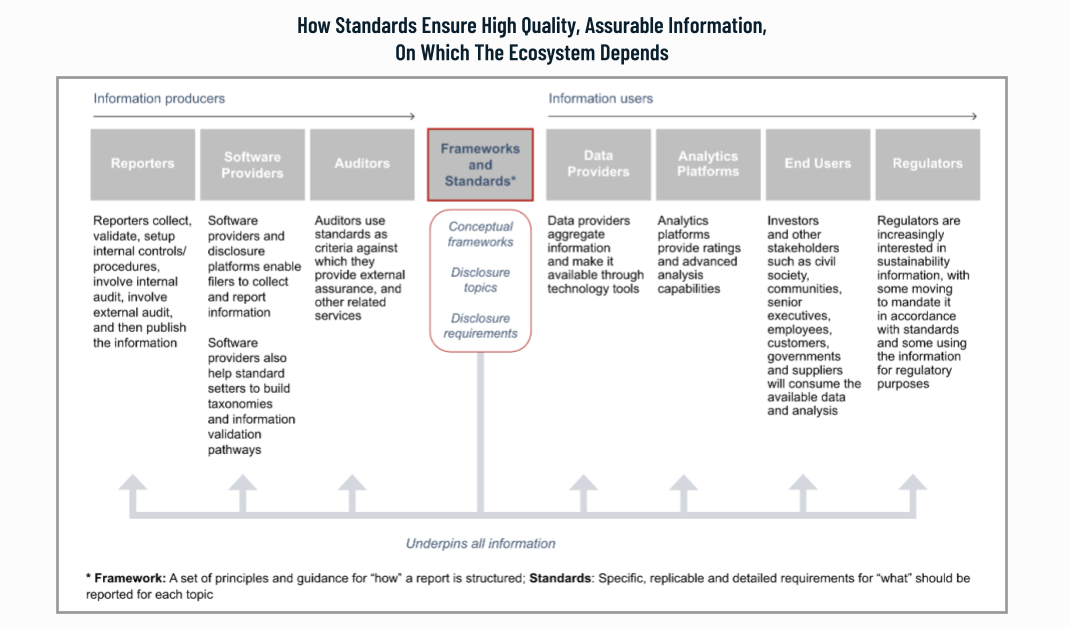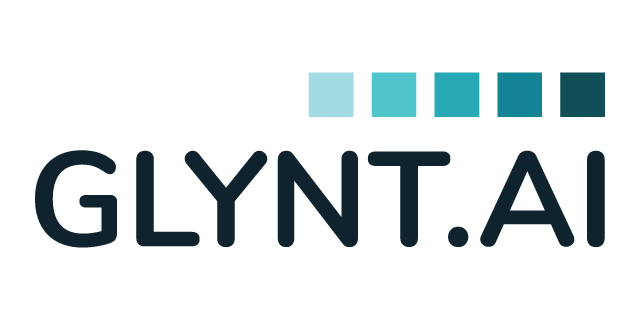2023 has been a non-stop, and incredibly anxious year for all of us. As we head into Thanksgiving, it feels good to slow down and give thanks. Here at GLYNT, we’d like to thank the group that put together the plan for global harmonization of carbon emissions reporting.
Very nerdy, but incredibly powerful. Here’s the story.
Let’s go back to 2019. MIT’s Aggregate Confusion Project analyzed the reported ESG ratings from that time and found they were uncorrelated, with only a 0.5 correlation coefficient. That is as good as coin tossing. If the ratings made sense — if they were based on reliable data — then any two agencies would be largely in agreement, and the correlation coefficient would be 0.9 or above.
FTSE Russell analyzed the carbon intensity of various economic sectors with data from that period. They found that the reported data had an average error bar of +/- 100%, and further, 25% of companies had an error bar of +/- 200%. There is no signal in the data, it is all noise.
Clearly, bad data was hampering two efforts. Investors want to make investments with insight into climate risk. But they only had bad data. Climate activists want to leverage capital markets to speed emissions reductions. But they only had bad data.
So in 2020, at the World Economic Forum, 135 companies and leading global standards bodies issued a document: Statement of Intent to Work Together Towards Comprehensive Corporate Reporting. The title says it all: Sustainability should be part of comprehensive corporate reporting. It should be normalized.
Here is a key picture from 2020 that shows their vision:

Source: Statement of Intent
GLYNT is proud to be a data service provider on the left, under “Software Providers”. We collect and report information, we build information validation pathways. We’re not a software provider, but a data-as-a-service offering. A small point in a visionary statement.
Now fast forward to 2023. This year saw a head-spinning pace of standard-setting releases from:COSO, IFRS, IAASB, EFRAG, CBAM, PCAF, Catena-X, OICU, CDP, Australia, California, and more. These fast-moving efforts came out of that meeting in 2020. Their work is so effective that TCFD — a leader in the standards space — announced it was closing up, as it is no longer needed.
As we head into Thanksgiving, GLYNT gives thanks to those who worked long and hard for sustainability data harmonization. We live in a data-powered world, and their work will accelerate climate solutions and enable capital markets to play a huge role. The experts and nerds have given the world a gift. Thank you.
This Thanksgiving we are grateful for the amazing achievement of sustainability data harmonization and the power for change it unleashes.
With thanks,
The Team at GLYNT
